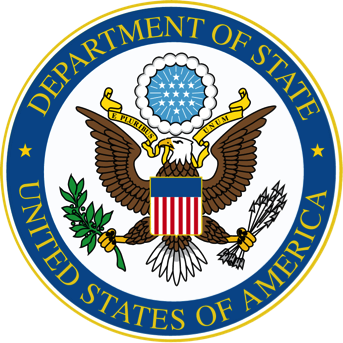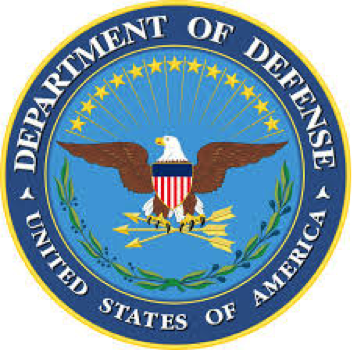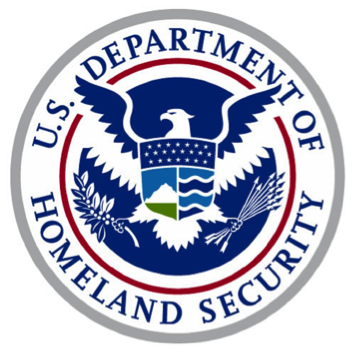Bureaucracy
State Department
The US Department of State is the bureaucracy’s leading foreign affairs agency, working to implement the president’s foreign  policy, supporting other U.S. agencies involved in foreign affairs, and providing services to U.S. citizens and visitors to the U.S. The Secretary of State (currently John Kerry) is the president’s most influential foreign policy advisor.
policy, supporting other U.S. agencies involved in foreign affairs, and providing services to U.S. citizens and visitors to the U.S. The Secretary of State (currently John Kerry) is the president’s most influential foreign policy advisor.
Roles of the U.S. Department of State
● provides a link between the people and the administration by providing information to citizens on the current policy issues and bringing feedback towards their effectiveness back to the administration
● manages embassies and takes care of diplomats (protects US citizens abroad)
● issues passports to US citizens
● provides jobs at home by opening markets abroad, and supports the economies of developing countries to create stable trade partners
● promotes peace and stability by working with other countries to address global issues (such as terrorism, disease, etc.), and conducting negotiations for agreements and treaties
Department of Defense

The U.S. Department of Defense, headed by the Secretary of Defense (currently Chuck Hagel), is the largest U.S. government agency. It manages all aspects of U.S. security and defense, both at home and abroad. All branches of the military fall under the Department of Defense, in addition to providing jobs to over 700,000 civilians. It is the world’s largest employer, with a budget that accounts for 96% of total U.S. defense spending.
Department of Homeland Security

Created after the 9/11 attacks, the U.S. Department of Homeland Security works to prevent and respond to emergencies within U.S. borders, such as terrorist attacks and natural disasters. However, the department does have employees stationed in over 75 countries to prevent certain issues from entering the U.S. These DHS employees work to identify terrorists, stop the smuggling of drugs, weapons, and people, and inspect airports overseas.
